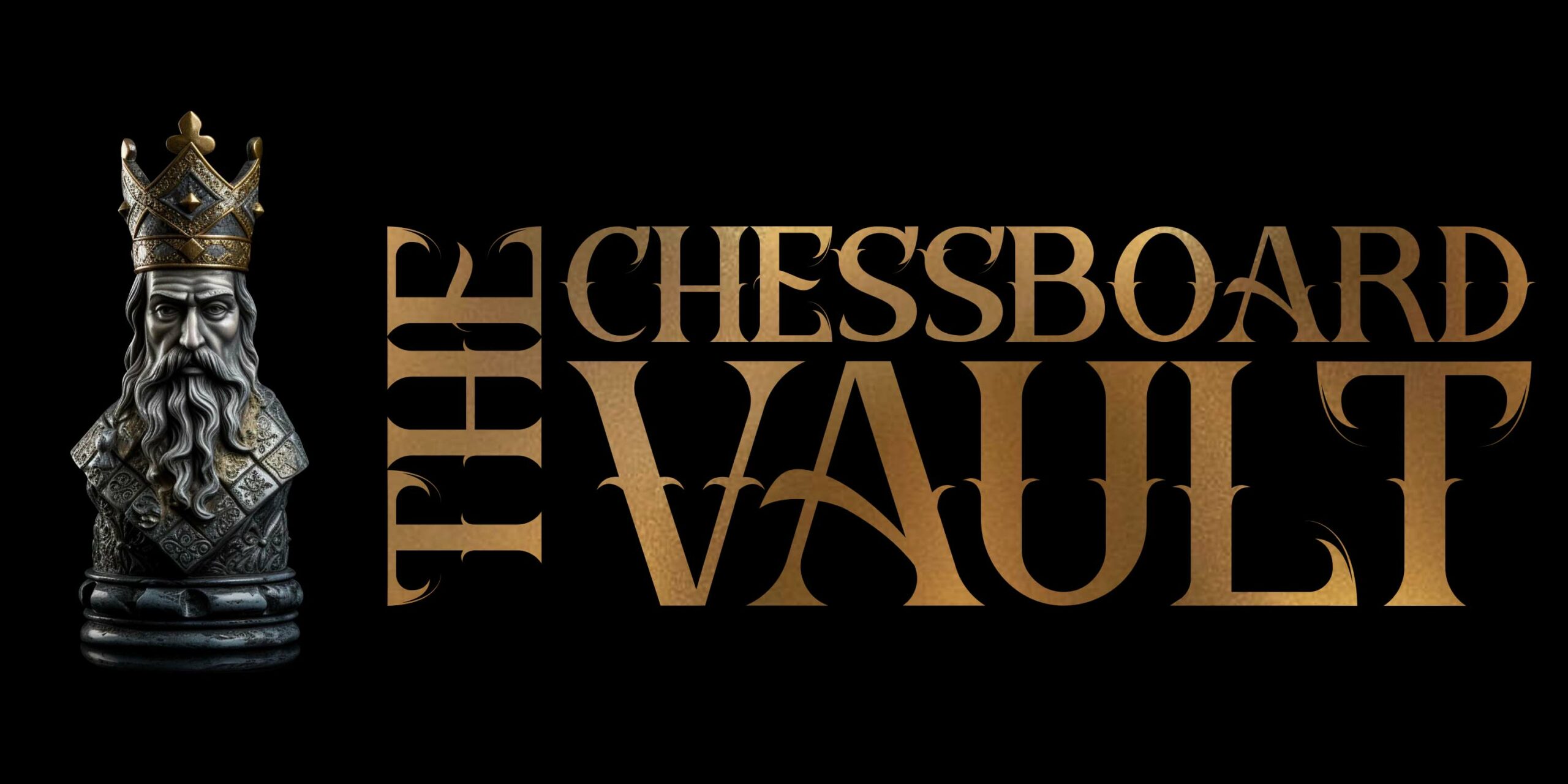The age-old question, “is chess a sport?”, has sparked countless debates among enthusiasts and skeptics alike. While some argue that chess is merely a mental game with no physical exertion, others firmly believe in its athletic value. Delving deeper into the essence of chess and comparing it to traditional sports, one begins to unravel the layered arguments surrounding this topic.
At its core, chess is a two-player strategy game that tests the wits, tactics, and planning abilities of its participants. However, unlike many conventional sports, it doesn’t demand intense physical activity or coordination. So, does the absence of a physical component disqualify chess from being a sport?
To address this, we must first understand the definition of a sport. The International Olympic Committee (IOC) defines sport as an activity that has an element of competition, requires skill, and is practiced regularly for recreational or professional purposes. By this criterion, chess comfortably fits the bill. It’s a highly competitive game, demands immense skill, and is played at both casual and professional levels around the world.
Furthermore, even though chess does not require sprinting or lifting heavy weights, it demands mental endurance. A typical game can last several hours, with players burning a significant number of calories just by thinking, concentrating, and making strategic decisions. Add to this the rigorous training and preparation that goes into mastering the game, and you have a discipline as demanding as many physical sports.
In conclusion, the answer to the question “is chess a sport?” is a resounding yes. While it may lack the overt physicality of games like football or basketball, the mental stamina, discipline, and competitive nature of chess firmly establish its credentials as a sport. Like all sports, it challenges its players, evokes passion, and captures the hearts of millions globally.
Definitions
Understanding the debate about whether chess is a sport first requires clarity on the very definition of “sport”. Traditionally, a sport is seen as an activity involving physical exertion and skill in which an individual or team competes against another for entertainment. This description, at first glance, seems more suited to soccer, basketball, or athletics than to the quiet contemplative sessions of chess. But to rely solely on this interpretation would be a disservice to the nuances that modern definitions of sports encompass.
Sport today goes beyond mere physicality. Modern definitions take into account mental prowess, strategic planning, and competitive spirit as essential components. Take for instance, eSports, where players compete in video games, often without the physical rigor associated with traditional sports. Yet, they require intense concentration, strategy, and training, much like chess. Thus, if we consider the mind as a muscle requiring endurance, training, and skill, then the definition of sport begins to fit activities that primarily involve mental exertion.
Chess, in its essence, is a two-player strategy board game that demands a deep understanding of tactics, patterns, and player psychology. Just as a basketball player must anticipate the opponent’s next move and act quickly, a chess player must foresee sequences of moves in advance, strategizing and counter-strategizing to outwit the opponent. This requires immense mental stamina, especially in games that stretch for hours.
Furthermore, the competitive aspect of sports is intrinsically present in chess. Players compete in local, national, and international tournaments, vying for titles, rankings, and prestige. The World Chess Championship is as coveted in the chess community as the World Cup is in soccer.
The entertainment factor, another cornerstone of the definition of sports, is evident in the large viewership numbers of international chess matches. Many spectators enjoy the intellectual rigor and the unfolding drama of a well-played game, similar to the adrenaline rush experienced during a close football match.
Another perspective comes from the Latin origin of the word “sport”, “deportare”, which means “to divert, amuse, carry away”. In that sense, any activity, physical or mental, that captivates its participants and audience, diverting them from the mundanities of everyday life, can be classified as a sport.
Arguments in Favor of Chess as a Sport
Firstly, the physical endurance required in chess is often understated. While it might not involve running or jumping, the concentration and stamina needed to play, especially during extended matches, can be grueling. Chess grandmasters, during significant tournaments, can burn a surprising amount of calories, akin to some other sports, purely from the mental exertion and stress associated with the game. This dispels the notion that sports must only be physically draining; the strain of mental competition in chess can be just as taxing.
Training and preparation form a cornerstone of success in any sport. Similarly, in chess, players invest countless hours studying past games, mastering openings, mid-game strategies, and endgame techniques. This preparation is reminiscent of an athlete’s dedicated training regimen. Moreover, the role of a coach in chess, guiding and honing a player’s skills, is analogous to the function of coaches in other sports.
Another strong argument for chess’s status as a sport is its inherent competitive nature. Chess players compete in local clubs, national championships, and on the global stage in tournaments that can determine the world’s best player. The intensity of these competitions, coupled with the ranking systems, mirrors the competitive structures seen in other sports. The keyword here is “competition,” and chess certainly embodies that spirit.
Furthermore, institutions such as the International Olympic Committee recognize chess as a sport. This global acknowledgment, by an authority that is central to the organization and promotion of sports worldwide, further reinforces the argument in favor of chess’s sport status.
The entertainment value that chess offers its spectators cannot be ignored. Just as millions watch football or basketball games, many follow the World Chess Championship and other major tournaments with bated breath, analyzing moves and speculating outcomes. This spectatorship aspect, integral to many sports, is alive and well in the realm of chess.
In sum, while chess might not fit the stereotypical mold of what many envision when they hear the keyword “sport,” its mental rigor, competitive nature, training requirements, and global recognition make a persuasive case for its inclusion in the sports category.
Counterarguments
While there are numerous compelling arguments supporting the idea of chess as a sport, there are also several counterarguments that challenge this classification. These concerns often arise from a traditional understanding of sports, the primary emphasis of physicality, and the unique nature of chess as a board game.
One of the most prevalent counterarguments is the lack of physical activity in chess. Traditional sports often emphasize physical prowess, athleticism, and endurance. From soccer to basketball, the visible exertion of physical energy and the associated risk of physical injury are hallmarks of what many deem a sport. Chess, being primarily a mental exercise, doesn’t showcase this level of physical activity, leading many to view it more as a game than a sport.
Another perspective holds that chess is more an art than a sport. This viewpoint comes from the depth and beauty of the game. Chess has been compared to a dance of the mind, where players craft intricate strategies, set elegant traps, and execute moves that can be as aesthetically pleasing as a ballet performance. This artistic interpretation of chess challenges its categorization purely as a sport, suggesting that it might belong to a different realm of human endeavor altogether.
Similarly, some argue that chess is more akin to a science or mathematical endeavor. The game’s foundation in logic, patterns, and strategic depth can make it feel like a complex mathematical problem to be solved, with each move representing a calculated decision based on extensive analysis. This intellectual approach contrasts with the spontaneous and reactive nature often associated with traditional sports.
Lastly, the game classification of chess is hard to dismiss. Many argue that at its core, chess is just one of many board games, not fundamentally different from games like Monopoly or Scrabble. While these games require strategy and skill, few would rush to classify them as sports.
In essence, while chess undeniably shares some features with sports, such as competition and the requirement for training, its lack of pronounced physical activity, coupled with its artistic and intellectual depth, fuels the debate. The multifaceted nature of chess makes it challenging to pigeonhole into a single category, leading many to question its strict classification as a sport.
Conclusion
The debate surrounding the classification of chess, whether as a sport, an art, or merely a game, underscores the rich tapestry that defines human activities and our attempts to categorize them. Chess, with its storied history, has been a constant in many cultures, transcending boundaries and offering both participants and spectators a realm of strategic depth, intellectual challenge, and emotional highs and lows.
Arguing in favor of chess as a sport highlights its competitive nature, the physical and mental endurance required, and the rigorous training that players undergo. The acknowledgment by global institutions like the International Olympic Committee further leans towards its recognition as a sport. Meanwhile, counterarguments focusing on the absence of overt physical activity, its artistic nuances, and its foundational elements as a board game offer a different perspective. These counterpoints emphasize the complexity of the game and the challenge of placing it neatly within the confines of a singular definition.
Perhaps the beauty of chess, and the reason it continues to captivate, is its multifaceted nature. For some, it is an intense sport, demanding every ounce of their concentration and skill. For others, it’s an art, where the board becomes a canvas, and each move paints a part of a larger masterpiece. And yet, for many, it remains a beloved game, a pastime shared with friends and family, devoid of the pressures of categorization.
What’s clear is that labels, in many ways, are human constructs, designed to simplify and make sense of the world around us. However, certain activities, like chess, challenge these constructs by straddling the boundaries. Chess is a testament to the idea that some experiences defy simple categorization, reflecting a blend of physicality, intellect, artistry, and emotion.
In the end, whether one views chess as a sport, an art, or a game might be a matter of personal perspective, influenced by individual experiences and cultural contexts. But beyond these labels, what remains undisputed is the game’s enduring appeal and its ability to inspire, challenge, and entertain generations.
Concluding, chess stands as a reminder that sometimes, the value of an activity lies not in how we categorize it, but in the joy, growth, and connections it fosters. And in that respect, chess, irrespective of its label, remains a treasure of human civilization.

